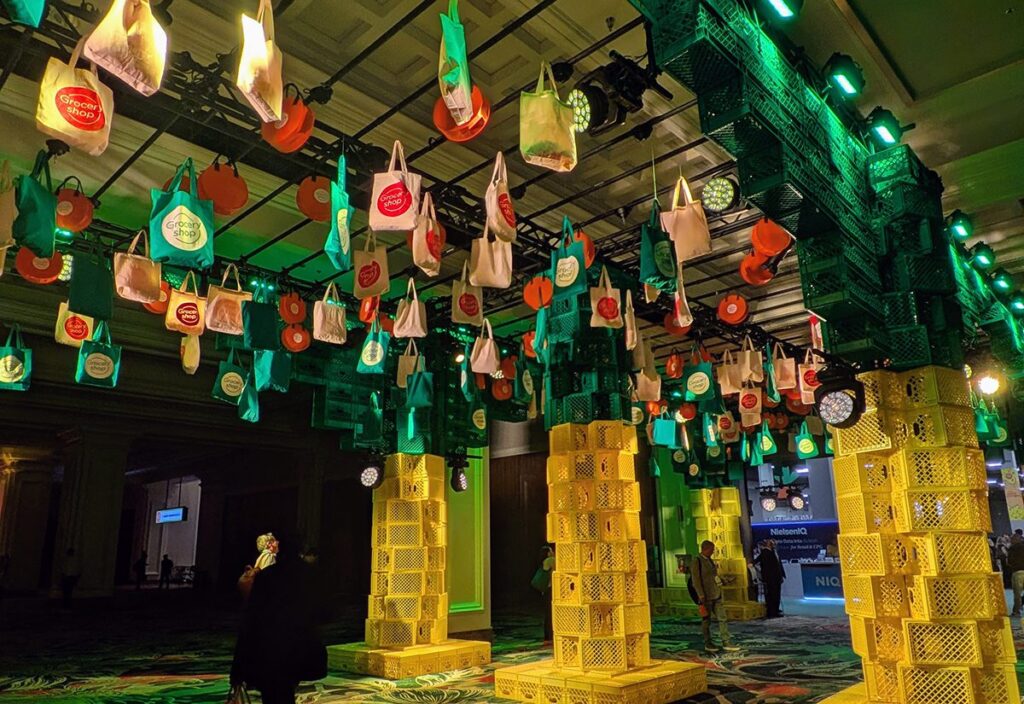It’s no secret that lots of parents, and government officials, don’t want carbonated soft drinks sold in their children’s schools and that they think promotional materials are way too prominent. Legislation has been enacted banning the sale of soda at some schools and a lock down of vending machines during school hours has taken place at others.
Reacting to such concerns about school nutrition as well as school decision-makers ability to raise funds through partnerships with beverage companies, the Coca-Cola Co. has issued guidelines addressing commercialism and nutrition for its school partnerships.
The guidelines address four key issues: contracts and financial arrangements; beverage availability and a wider variety of choice in schools; logos and signage on school grounds; and program and product promotion.
With regard to promotion, Coca-Cola said it believes that school and community leaders should decide how and where logos and other promotional materials about its products should be used. Promotional activities would be limited to programs requested by school officials and would support academic achievement and physical activity.
Among a number of provisions, Coca-Cola has agreed to place time constraints on vending machines if requested and to not make carbonated soft drinks available to elementary school students during the school day.
Coca-Cola said it hopes that other beverage companies would adopt the guidelines, which cover the existing and future relationships it has with K-12 schools in the U.S.



